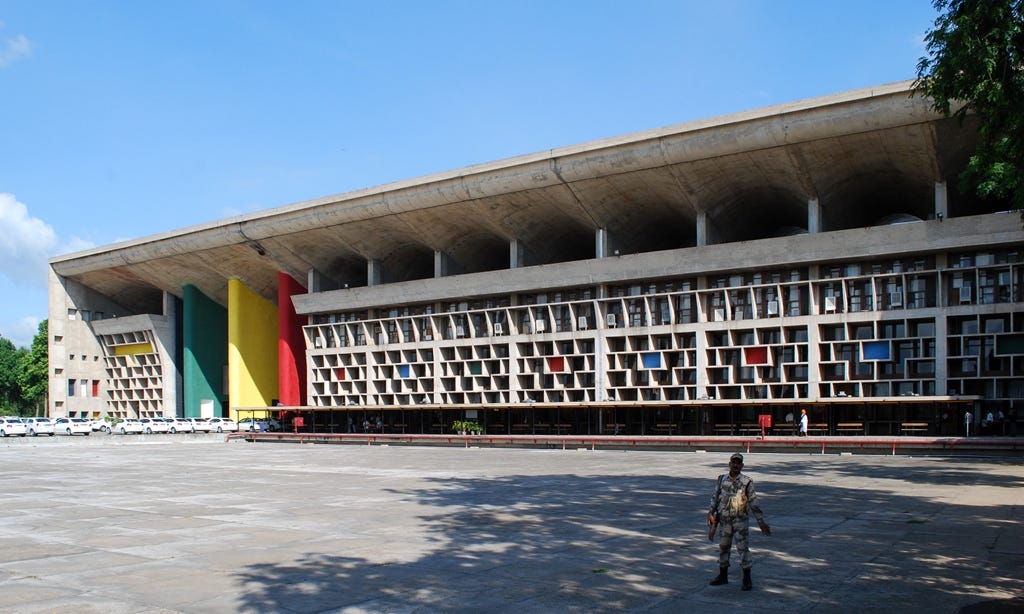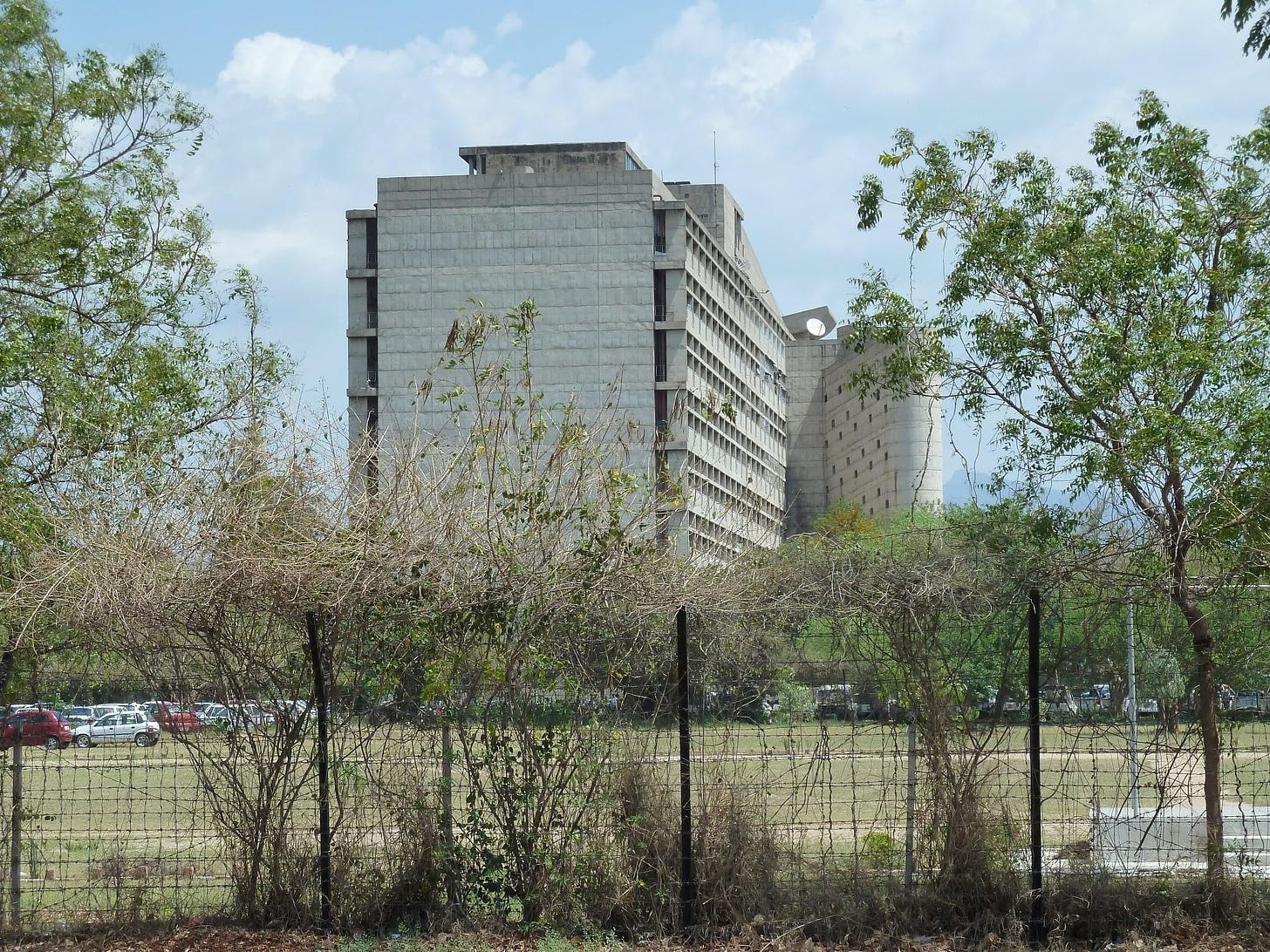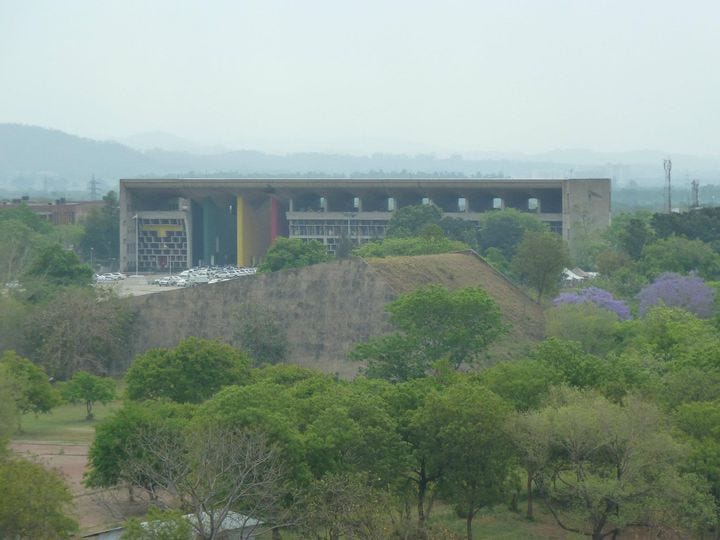High Court Dismantles Punjab’s Education Barrier: 25% EWS Quota in Private Schools Reaffirmed
Punjab and Haryana High Court Mandates 25% Reservation in Private Schools Under RTE Act: A Comprehensive Analysis
Introduction: A Landmark Judicial Intervention
In a landmark ruling advancing educational equity, the Punjab and Haryana High Court today (February 19, 2025) issued an interim order mandating private unaided schools in Punjab to reserve 25% of their Class I seats for children from economically weaker sections (EWS) and disadvantaged groups. The decision, delivered by a division bench comprising Chief Justice Sheel Nagu and Justice Harmeet Singh Grewal, upholds and reaffirms the constitutional mandate of Article 21-A and the Right to Education (RTE) Act, 2009.
Striking down as unconstitutional a contentious statutory rule introduced by the Parkash Singh Badal-led government in 2011, the High Court dismantled a long-standing barrier that effectively denied EWS students access to private schools. This rule had required EWS students to first seek admission in government or aided schools before applying under the 25% quota, thereby undermining the intent of the RTE Act. By striking down this contentious and restrictive provision, the Court has reaffirmed the state's duty to uphold equitable access to quality elementary education—a fundamental right enshrined in the statute since the landmark RTE Act of 2009.
Legal Context and Constitutional Imperatives
Foundations of the Right to Education
The RTE Act, enacted in 2009, operationalizes Article 21-A of the Indian Constitution, guaranteeing free and compulsory education for children aged 6–14. A key provision, Section 12(1)(c), mandates private unaided schools to reserve at least 25% of entry-level seats for EWS and disadvantaged groups. This policy seeks to bridge socio-economic disparities in education by integrating students from diverse backgrounds into private institutions.
Punjab’s Controversial Rule 7(4)
Despite the RTE mandate, the Punjab Government, during the tenure of Parkash Singh Badal as the CM, introduced Rule 7(4) under its RTE Rules in 2011. This statutory rule required EWS students to first seek admission in government or aided schools before applying to private institutions under the 25% quota. Consequently, private schools were largely exempted from enrolling EWS students, leading to near-zero admissions over the past decade.
A 2014 study by the Guru Arjan Dev Institute of Development Studies highlighted that private schools in Punjab systematically avoided compliance, citing ambiguities in defining “neighbourhood schools” and inadequate reimbursement mechanisms. This loophole effectively nullified the purpose of Section 12(1)(c).
Judicial Intervention: Key Aspects of the High Court’s Order
Interim Directions for 2025–26 Admissions
Responding to a Public Interest Litigation (PIL) filed by the KS Raju Legal Trust, the High Court issued the following directives:
Mandatory Compliance with 25% Reservation
All private unaided schools classified under Sections 2(n)(iii) and (iv) of the RTE Act must reserve 25% of Class I seats for EWS students from the 2025–26 academic year.
Invalidation of Rule 7(4)
The court declared Rule 7(4) ultra vires the RTE Act and Article 21-A, ruling that it imposed unconstitutional restrictions on EWS admissions.
State Accountability Measures
The Punjab government has been directed to ensure strict enforcement of the ruling through monitoring mechanisms and penalties for non-compliant schools.
Rationale Behind the Judgment
The bench underscored that Rule 7(4) created an "exclusionary hierarchy," forcing EWS students into under-resourced government schools instead of enabling their access to private institutions. Justice Grewal observed that “The state cannot dilute parliamentary mandates under the guise of procedural rules. Equal access to education is non-negotiable.”
Additionally, the court noted that over 1,000 CBSE-affiliated private schools in Punjab had been violating the 25% reservation requirement, citing a flawed policy framework.
Implications for Punjab’s Education Ecosystem
Structural Shifts in School Admissions
The order disrupts the existing education model in Punjab, where private schools primarily cater to affluent families. With an estimated 4,000+ private unaided schools in the state, approximately 50,000 seats could now be made available annually for EWS students.
However, challenges remain:
Reimbursement Delays
Private schools argue that delayed state reimbursements for EWS admissions create financial strain. A 2014 Guru Arjan Dev Institute report found that Punjab’s reimbursement rates lagged behind states like Tamil Nadu and Rajasthan, leading to non-compliance.
Infrastructure Readiness
Many low-budget private schools lack the necessary infrastructure to accommodate EWS students effectively. The High Court has directed the state to conduct facility audits and allocate funds for infrastructure upgrades.
Social Equity and Long-Term Outcomes
By integrating EWS students into private schools, the judgment seeks to reduce classroom segregation and improve learning outcomes. Studies from Delhi and Maharashtra indicate that EWS students in private schools outperform their government school counterparts by 15–20% in standardized tests. However, ensuring long-term success requires addressing systemic issues such as teacher training and parental awareness programs.
Challenges in Implementation
Institutional Resistance and Legal Loopholes
Despite the High Court’s clarity, private school associations have raised objections. The Independent Schools Alliance of Punjab (ISAP) is contemplating legal action, arguing that the order overlooks operational challenges, including seat availability and parental preferences.
Additionally, ambiguities in defining “neighbourhood schools” and “disadvantaged groups” under the RTE Act could lead to fresh legal disputes, potentially delaying implementation.
State Capacity and Monitoring Deficiencies
The Punjab government’s track record in enforcing education policies since the enactment of the RTE Act in 2009 has been patchy, if not outright inadequate. A 2023 Comptroller and Auditor General (CAG) report highlighted serious deficiencies in the state’s RTE monitoring mechanisms, pointing to chronic staff shortages and an ineffective grievance redressal system.
To ensure compliance, the High Court has mandated monthly progress reports from the Punjab Department of School Education. The next hearing is scheduled for March 27, 2025, where further enforcement measures may be considered.
Comparative Analysis with Neighbouring States
Haryana’s Proactive Measures
Unlike Punjab, Haryana has successfully implemented the RTE Act’s 25% reservation without dilution. In 2022, the state introduced an online admission portal for EWS students, streamlining enrollments and minimizing bureaucratic delays. As of 2024, over 75% of private schools in Haryana comply with the quota, whereas Punjab’s compliance rate remains below 5%.
Judicial Precedents Nationwide
The Punjab and Haryana High Court’s ruling aligns with previous landmark judgments, including Society for Unaided Private Schools of Rajasthan v. Union of India (2012), where the Supreme Court upheld the constitutional validity of Section 12(1)(c).
However, the ruling contrasts with a 2024 Delhi High Court decision that granted schools greater autonomy in implementing EWS admissions, reflecting divergent judicial perspectives on balancing regulatory control and institutional independence.
In Summary: Toward an Inclusive Educational Future
The Punjab and Haryana High Court’s decision marks a pivotal moment for educational equity in North India. By striking down restrictive state rules and reinforcing the RTE Act’s core principles, the judiciary has recalibrated the balance between state authority and constitutional rights.
To ensure effective implementation, the Punjab Government must:
Establish a real-time monitoring dashboard for EWS admissions.
Expedite reimbursement payments to private schools through dedicated funding mechanisms.
Launch public awareness campaigns to educate EWS families about their rights under the RTE Act.
As the March 27 hearing approaches, stakeholders—including the state government, private schools, and civil society—must work together to ensure that the promise of "education for all" transcends legal niceties and becomes a tangible reality for children across Punjab. While private schools are likely to challenge this landmark verdict in the Supreme Court, the strong constitutional backing of the RTE Act, its laudable social objectives, and the successful implementation of similar provisions in other states suggest that immediate or interim relief may not be easily granted.
References and Further Reading
For a complete review of the court’s decision, refer to the full text of KS Raju Legal Trust v. State of Punjab (CWP No. 12034/2024) available on the Punjab and Haryana High Court’s official website. Additional insights can be accessed via legal reporting platforms such as LiveLaw and Indian Kanoon.







CWP number is not correct please